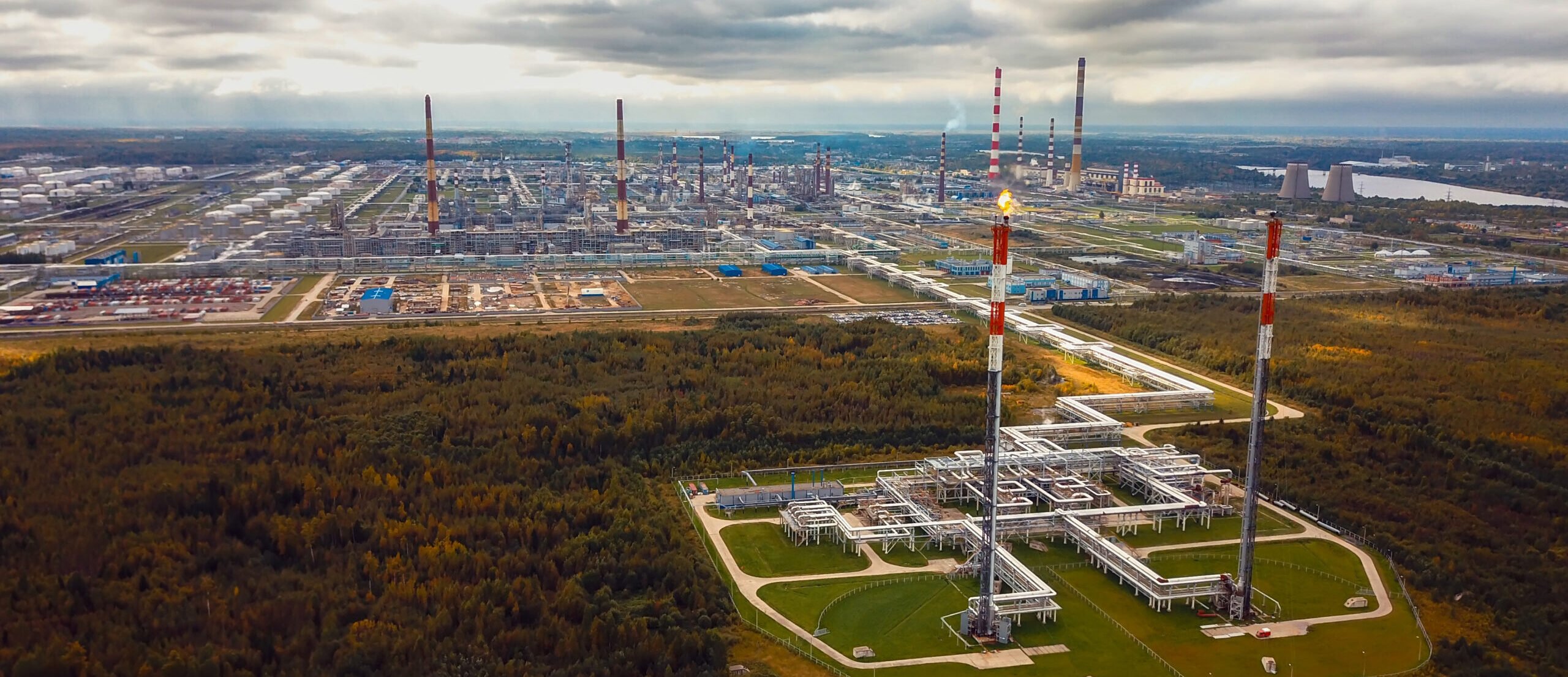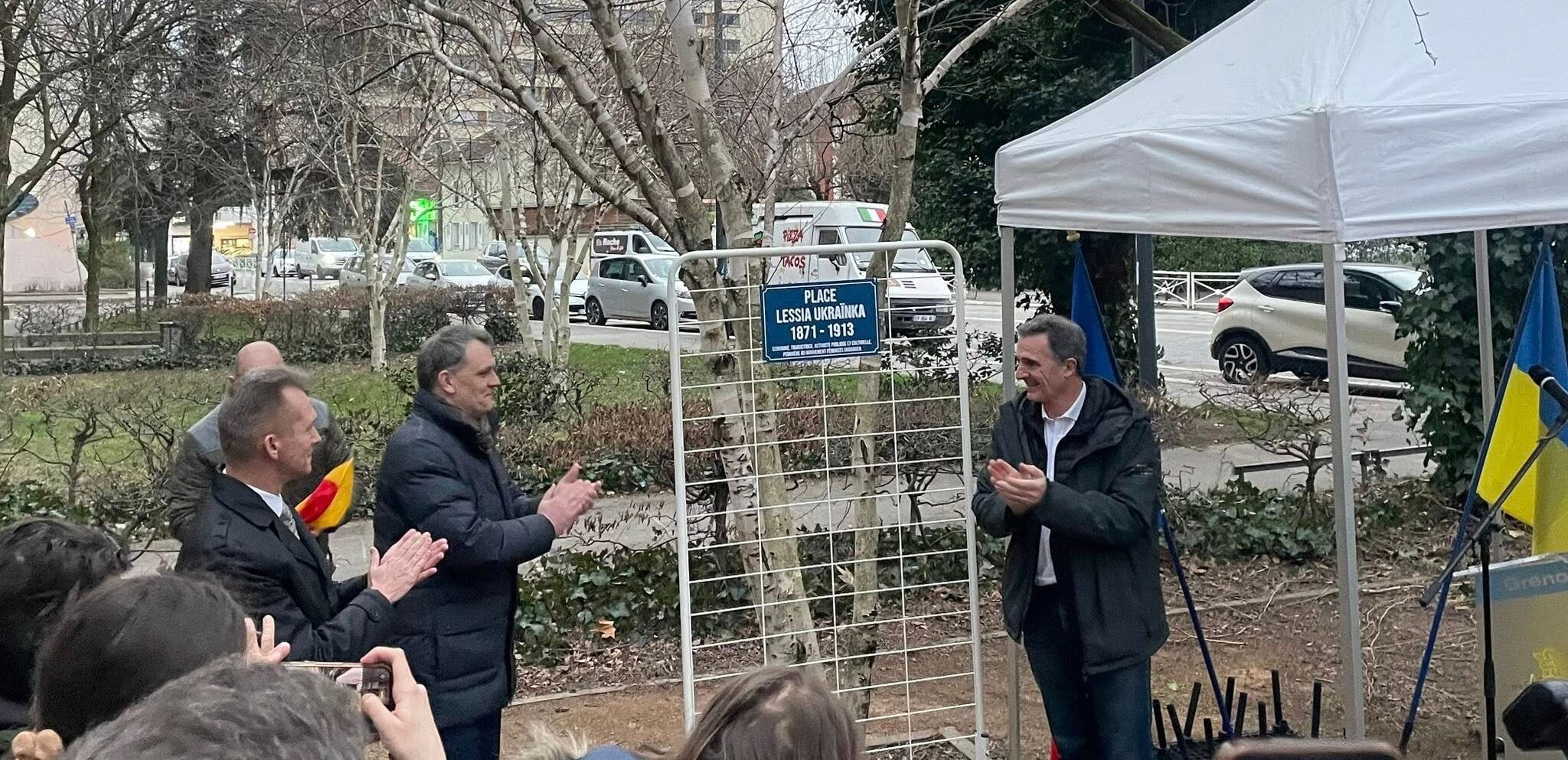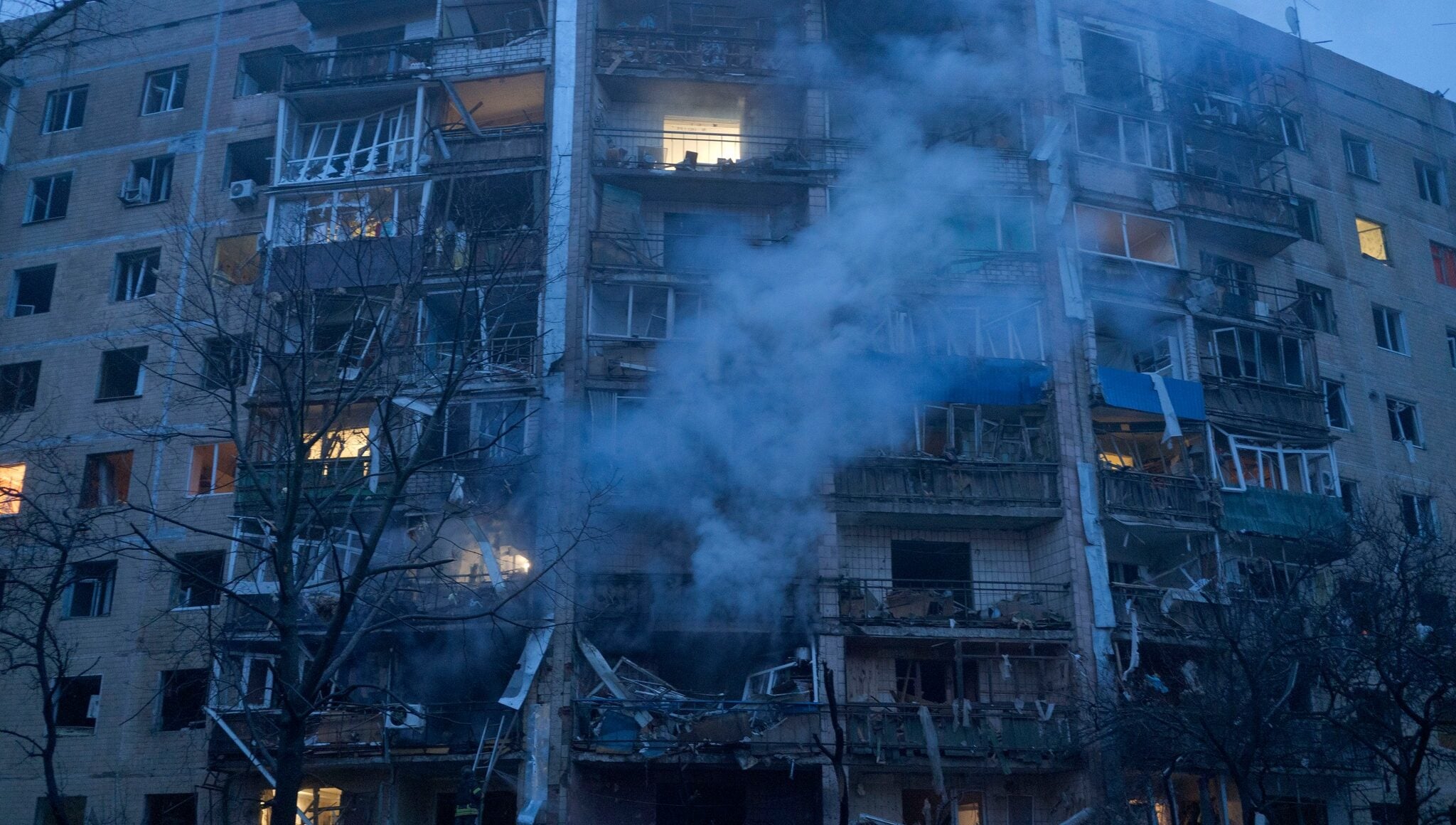
Ukrainian forces struck the Kirishi oil refinery in Russia’s Leningrad region overnight on Sept. 14, sparking explosions and fires at one of the Kremlin’s most important energy facilities, Ukraine’s General Staff of the Armed Forces reported.
The refinery, located southeast of St. Petersburg – Russia’s second most populous city – is one of the country’s largest and produces more than 80 types of petroleum products, including gasoline, diesel, and aviation fuel, and is used to supply the Russian armed forces, the intelligence report said.
Its output is used both for civilian needs and to supply the Russian military.
The intelligence report described the strike as part of a wider campaign to degrade the aggressor state’s “military-economic potential.”
In parallel, Ukraine’s special forces and other units carried out coordinated strikes on Russian railway infrastructure along the Oryol–Kursk route on Sept. 13–14, according to sources cited by Ukrainska Pravda.
Mines were discovered on the Malooarkhangelsk–Glazunovka section, halting traffic while delaying 15 trains. Another attack on the Stroganovo–Mshinskaya line, which links St. Petersburg with Pskov, derailed a locomotive and destroyed 15 fuel tankers.
These railways form critical arteries for Russian troops who operate in the Kharkiv and Sumy regions.
“The destruction of railway infrastructure in these areas will cause significant logistical problems, directly reducing Russia’s ability to sustain offensive operations,” a Ukrainian intelligence source said.
Analysts note that such strikes extend Ukraine’s “war of attrition” deep inside Russian territory, targeting assets the Kremlin cannot easily replace.
“This demonstrates that attrition works both ways,” said Ukrainian political analyst Vitaly Portnikov. “For Putin and his circle, the realization that Russia’s home front is vulnerable may be the most unpleasant surprise yet.”
Cover: Shutterstock











